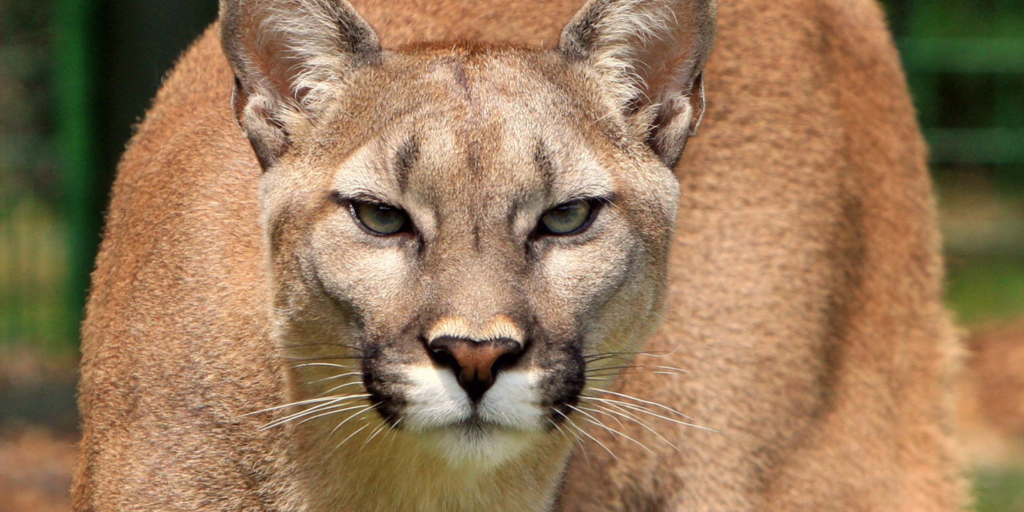by Christi Dawn Nash, Cooperation Humboldt

Global industrial agriculture has had devastating impacts on soil, air and water quality. It releases excessive CO2e emissions which contribute to climate change, fuel food injustice and public health crises, and reduce habitat.
In the Central Valley of California, irrigation stemming from Northern California dams undermines Indigenous food sovereignty and devastates salmon runs, while the air pollution from factory farms sickens residents, disproportionately affecting Latinx communities and poor, working class populations.
Besides these detrimental impacts on human health, industrial food systems are also hurting other living beings in many ways that extend beyond cruel animal agriculture practices.
Farmers’ choices can support keystone species
In the past five years evidence has emerged that the choices farmers make to protect their livestock can determine the success or failure of carnivorous species like wolves and mountain lions.
Mountain lions are a keystone species in California. Instead of shooting predatory male lions, opting for non-lethal methods of depredation can protect farm animals and this umbrella species whose wellness indicates overall biodiversity and ecosystem health. Methods include security lights, sprinklers, fencing, enclosures for young, sick or breeding animals, restructuring barns, bringing grazing animals in from dusk to dawn, and guard animals such as llamas, sheep dogs or alpacas.
Livestock, wildlife & water issues intersect
Raising beef cattle is the most water-intensive form of agriculture in the state. One 2020 study revealed that the beef industry causes the most grievous harm to fish populations in the American West. Tule elk have also suffered in recent years due to the water demands of cattle ranching at Point Reyes.
Regenerative ranching or silvopasture with smaller ruminants can reduce impact on state droughts. About half of Millennial ranchers are opting away from cows toward sheep. These young farmers are also more likely to be women or people of color than traditional cattle ranchers, who are predominantly white males in their 50s and 60s. Of course, experienced farmers can also make the shift by choosing to raise smaller animals or a mix of existing cattle with vegetables or other livestock to reduce water usage.
Silvopasture & food forests promote biodiversity
Silvopasture makes grazing land for grass-fed livestock friendlier to native fauna. Planting trees in pastures provides shade for cattle and other farm animals and reduces evaporation from water sources. The selection of tree species can contribute to flourishing ecosystem health; while converting forests to grassland destroys biodiversity, silvopasture maintains robust watersheds for both people and a wide range of wildlife while attracting much-needed pollinators.
Food forests are a traditional form of ecological knowledge that provide food in a way that can alleviate dependence on practices such as monoculture cropping with invasive plant species, which in turn helps local wildlife as well as humans.
Helpful kelpful possibilities
Kelp farms significantly reduce water usage in agriculture, absorb CO2e emissions (thereby lowering ocean acidity), provide nourishing food for people and/or livestock, and serve as a potential plant-based alternative to harmful plastics. Kelp farming can reduce water- and land-wasting industrial monocropping which destroys wildlife habitat and is overwhelmingly utilized to feed livestock raised for human meat consumption.
Humboldt Bay kelp farms support aquatic wildlife species while mitigating climate change and drought and providing alternative feed to farm animals.
If we all work together to make shifts like these at the local level, critters and human beings can coexist peacefully.
. . . . . . . . . . . . . . . . . . . . . . . . . . . . . . . . . . .
Christi Nash is an environmental educator and activist pursuing her Master’s in Wildlife while living in ancestral Wiyot territory. She focuses on social change, sustainable food systems, and animal welfare.